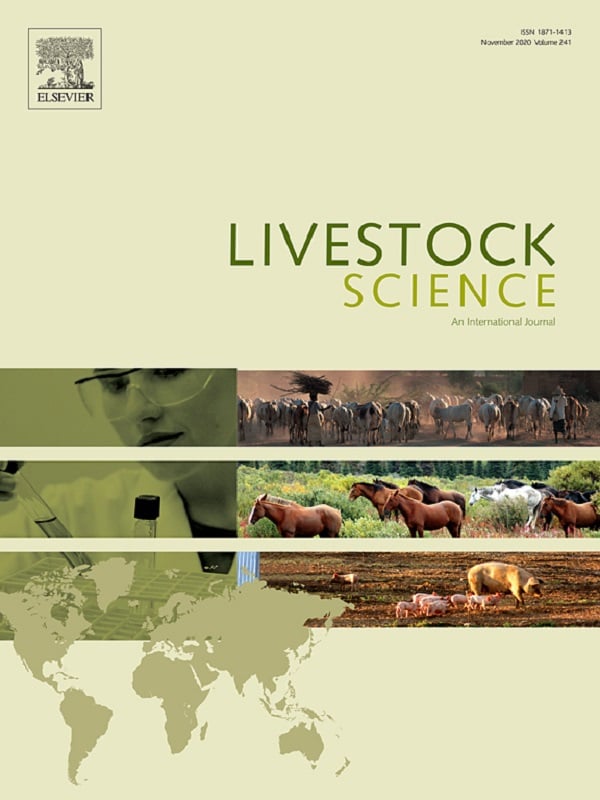Effects of dietary supplementation with combinations of organic and medium chain fatty acids as replacements for chlortetracycline on growth performance, serum immunity, and fecal microbiota of weaned piglets
Y.S. Hana,c C.H. Tanga,b Q.Y. Zhaoa,b T.F. Zhana,b K. Zhanga,b Y.M. Hand J.M. Zhanga,b,⁎
a State Key Laboratory of Animal Nutrition, Institute of Animal Science, Chinese Academy of Agricultural Sciences, No. 2 Yuan Ming Yuan West Road, Beijing, China
b Scientific Observing and Experiment Station of Animal Genetic Resources and Nutrition in North China, Ministry of Agriculture and Rural Affairs, Beijing, China
c College of Pastoral Agriculture Science and Technology, Lanzhou University, No. 222 Tian Shui Road, Lanzhou, Gansu, China
d Trouw Nutrition R & D, Stationsstraat 77, 3811 MH, Amersfoort, the Netherlands
⁎ Corresponding author at: State Key Laboratory of Animal Nutrition, Institute of Animal Science, Chinese Academy of Agricultural Sciences, No. 2 Yuan Ming Yuan West Road, Beijing, China
Livestock Science Volume 216, October 2018, Pages 210-218 https://doi.org/10.1016/j.livsci.2018.08.013

Abstract
This study investigated the effects of dietary combinations of organic acids and medium chain fatty acids (MCFAs) as replacements for chlortetracycline on the growth performance, serum immunity, and fecal microbiota of weaned piglets. Over 28 days, 144 piglets (8.09 ± 0.11 kg) were allocated to four treatments: CON (basal diet), CTC (CON + 0.075 g/kg chlortetracycline), OAMF (CON + 0.2% organic acid blend 1), and COAMF (CON + 0.2% organic acid blend 1 + 0.6% or 0.4% organic acid blend 2). Compared with the CON group, piglets in the COAMF group had greater body weight on day 28 (P < 0.05), greater average daily gain during days 1–28 (P < 0.05), and lower feed conversion ratio during days 1–14 and 1–28 (P < 0.05). The diarrhea rate in the CTC group during day 1–14 was significantly lower than in the CON group (P < 0.05). The concentration of serum IgG on day 14 and serum IgA on day 28, and the concentration of serum T-AOC on days 14 and 28, were higher and the concentration of serum MDA on day 28 was lower (P < 0.05) in piglets supplemented with combinations of organic acids and MCFAs compared with basal diet. Compared with the CON group, OAMF and COAMF groups both had increased and decreased relative abundances of Firmicutes and Proteobacteria, respectively (both P < 0.05). Moreover, supplementation with blends of organic acid and MCFAs significantly increased the relative abundance of Lactobacillus and Faecalibacterium (P < 0.05). In summary, dietary supplementation with combinations of organic acids and MCFAs improved growth performance, reduced diarrhea rate, and enhanced serum immunity by regulating the microbiota of weaned piglets. Thus, such combinations can be fed as potential alternatives to chlortetracycline to weanling piglets.
Keywords: Organic acid; Medium chain fatty acid; Weanling piglet; Growth performance; Serum immunity; Fecal microbiota